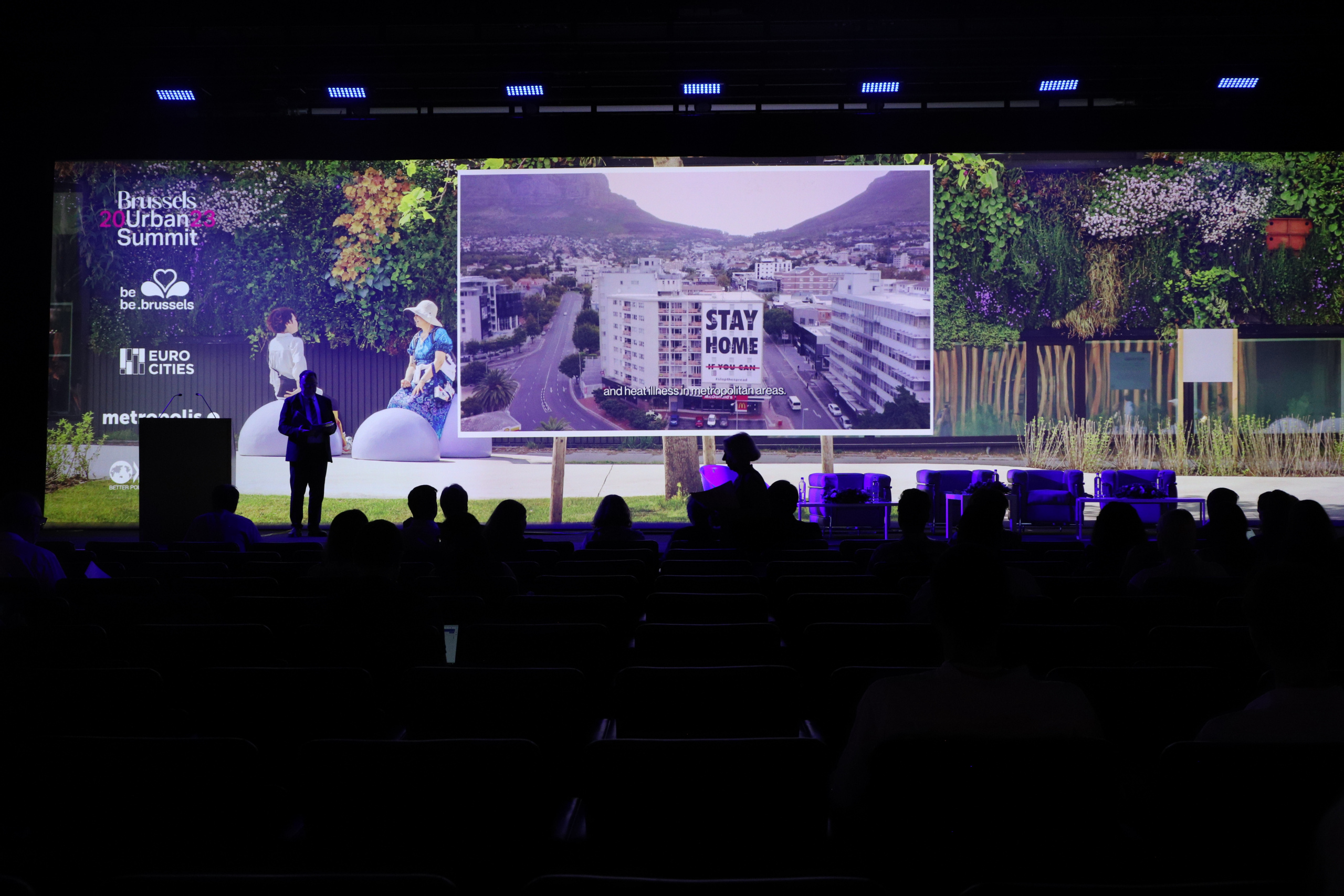Digitization has become an integral part of our daily lives. The Living-in.EU Mayors Digital Assembly dedicated its discussion within the framework of the Brussels Urban Summit to exploring how local and regional governments are leveraging digital tools and what specific work has been done by municipalities to make the digital transformation more inclusive.
The session was inaugurated by Renate Nikolay, Deputy Director-General for Communications Networks, Content and Technology, who emphasized the crucial role of local and regional governments as leaders in the digitization process. Nikolay stressed that “involving cities and regions is indispensable if we want to move to the fully digital world.”
Seppo Määttä, mayor of Oulu, echoed Nikolay’s call for collaboration, emphasizing the need for greater engagement among all levels of governance and the public to guide the communities through the digital transformation process. The city of Oulu can serve as the best practice of successful collaboration on digital technology, as “every day, three billion people use the technology that is developed in Oulu.” Such achievements were made possible through the establishment of co-creation spaces.
Another good practice was presented by Matteo Lepore, mayor of Bologna. The city is creating its digital twin in collaboration with the city of Barcelona and other partners. This collaborative approach allows local governments to avoid duplicating efforts and instead scale up solutions collectively.
But how does digital transformation translate into policies and citizen participation?
Lepore highlighted that new technology and data in informing policies and helping citizens better understand the future of their cities. Elaborating on this idea, Felix Sproll, city councillor of Munich, argued that coupling the concept of a twin city with 3D modelling enables enhanced citizen engagement through immersive virtual reality technology. Local administrations can also test various policy scenarios using data that feeds into these models.
Tiit Terik, deputy mayor of Tallinn, underscored the need for increased digitization to streamline the work of local administrators. He said that with the introduction of e-signatures and digitization of services, Tallinn “saves a pile of paper as high as Eiffel Tower weekly.”
While digitization brings numerous benefits, it also poses challenges, such as the digital divide. How can inclusivity be ensured so that no one is left behind?
Municipalities employ various approaches to address this common issue. Delphine Jamet, deputy mayor of Bordeaux Metropole, advocates for a holistic approach to bridging the digital divide. She believes that all digital services should be useful, user-friendly, and actively utilized. Similarly, Constance Nebbula, vice-president of the Pays de la Loire regional council and Angers Loire Metropole, also echoed the need to include individuals who are not yet digitally mature. Angers Loire ensures that all services are available online while still accommodating citizens who prefer traditional human interactions.
Another pressing challenge in the tech industry is gender imbalance. Lluïsa Moret Sabidó, mayor of Sant Boi de Llobregat, emphasized the necessity for platforms and knowledge centres to “adapt and adopt gender perspective”. Inclusion of women in the digital space will support “gender parity, which is key in the decision-making bodies or the people who are not digital natives.”
Markku Markkula, President of the Helsinki Region, and member of the European Committee of the Regions unveiled LORDIMAS – a free tool designed for local and regional governments. Officially to be launched on 2 October 2023, LORDIMAS provides tailored policy recommendations based on real-time results and grants access to best practices from participating municipalities.

